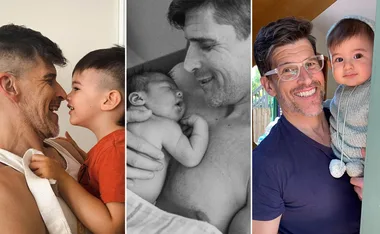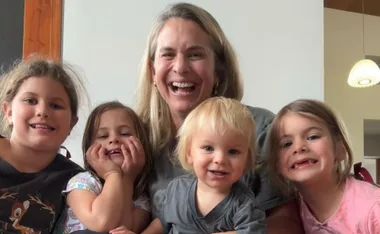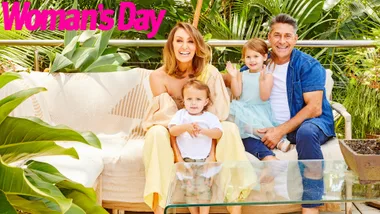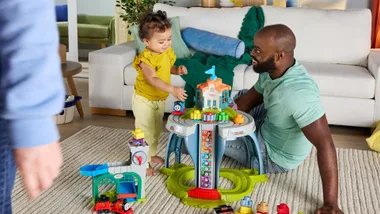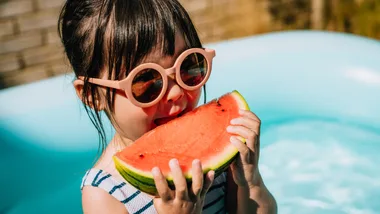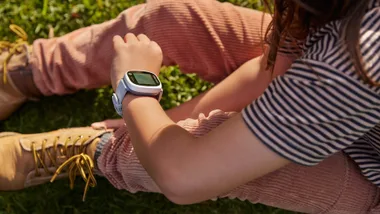A recent article piqued my interest after it suggested that simply because you were born first you are the superior sibling. As a babe born second, and last, I felt compelled to further research the matter and dispel the myth that my big brother could ever possibly be better than I.
As I was reading the article I may have been pouting slightly but only because it’s my “thinking face”, and has nought to do with being a manipulative attention-seeker as some birth order personality stereotypes would have you believe.
While some first-borns may follow the loose guides to the pecking order and be notably reliable and impressively ambitious, I’m sure some second-borns are also.
My brother and I, for instance, are equally unreliable and we would need to toss a coin for the ambitious title. We both took it pretty easy in our 20’s, revved up a touch in our 30’s and have come flying out of the gate in our 40’s.
The birth-order stereotype profiling takes into consideration the “Big 5” personality traits. These are openness to experience, conscientiousness, extraversion, agreeableness, and neuroticism, and although some research suggests there is a correlation between levels of these traits and birth order, there is also the other side to the coin.
“Last year there was actually a very large research study that actually debunked the whole birth order personality myth that is perpetuated in our society,” says From The Left Field’s child psychologist, Dr Sasha Lynn.
“Apparently they studied 20,000 families and did not find any significant evidence to demonstrate difference in the Big 5 personality types across siblings.
“They did however find that first-borns have a very slightly higher IQ, but they feel that is due to the parents’ resources being diluted with subsequent children,” says Dr Lynn, and admit I was tempted to end our interview here, however she then went on to add:
“In my work I’ve discovered subsequent children learn to share earlier on and the socialisation between siblings has a positive impact on second children and beyond.”
So, although first-borns may be marginally smarter they don’t have the same social skills. Having smarts is one thing, but in a world where EQ gets your as far as IQ you’d want a generous serving of people skills.

Famous second-born, Jake Gyllenhaal
I have no idea if famous second-borns, Jake Gyllenhaal or Liam Hemsworth, are more reliable and smarter than their also successful sibs but if I’m 100% honest it’s not really what I ask myself when I’m watching them strut their thespian stuff. I do, however, wonder how parents raise two very successful children.
Perhaps it is less about how birth order shapes who we are amongst our siblings, but more so the way your parents treat that birth order that makes the difference?
“Parents who decide that one child is ‘the smart one’ and another is ‘the caring one’ because of their birth order, can affect decisions around friendships, career choices, partner choices and internal identities,” says Northern Beaches-based psychotherapist Annie Gurton.
“It’s easy to subtly influence children to conform to our stereotypes, which may be a million miles away from how a child really is.”
Basically, we are shaped and moulded from the moment we arrive into the world. This is when being second-born is truly advantageous because second-borns clearly get the better deal with parents.
When the firs-tborn comes into the world parents are hopeless. Every fart and sigh is documented and discussed. Is it colic? Gas? Meningitis? Let’s cycle his legs for a while and see if he trumps again while stripping him naked midwinter to see if a rash develops.
The first-born can barely move at the park without a parent trying to coddle a fall. Not so with the robust and adventurous second. By the time it’s our turn we can eat all the dirt we like and get the immune system to prove it.
The argument of which sibling is better would be fought fiercely across dinner tables wordwide, but when it comes to choosing a dinner party date from the Royal brothers, Prince Harry is the one everyone wants to hang out with.


